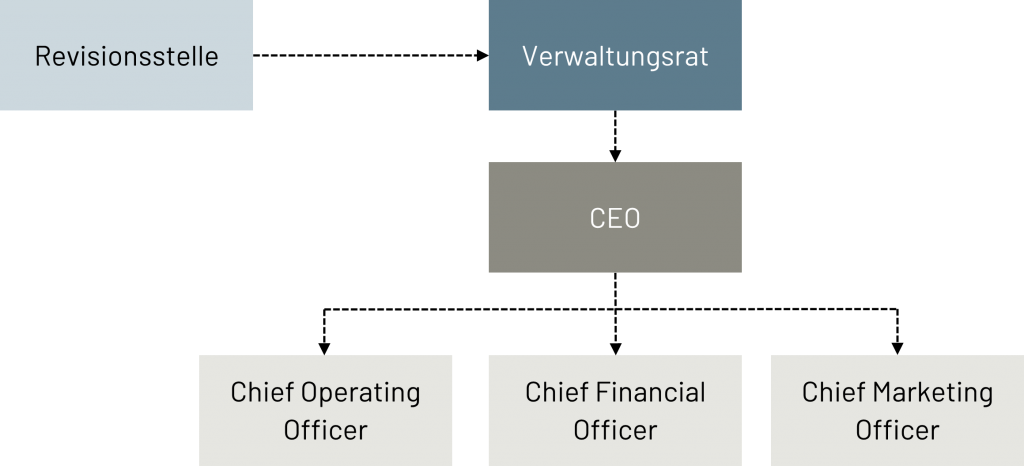The primary purpose of the Board of Directors is “to ensure the prosperity of the company by managing the affairs of the company collectively while meeting the appropriate interests of shareholders and relevant stakeholders” (Standards for the Board, IoD).
It is up to the Board of Directors to assess on a case-by-case basis which stakeholders it treats as “relevant” and which of their interests it should fulfill, taking into account the law, relevant regulations and business considerations. In pursuing this primary purpose, the Board of Directors is confronted with a number of tasks and challenges that are uniquely demanding.
Functions of the Board of Directors
In the broadest sense, a company board acts as a trustee for shareholders. The Executive Board (consisting of one or more natural persons) is also entrusted with a number of other tasks. In particular, the Act sets out the following **indiscrible and indestructible tasks**:
- The Board of Directors is the executive branch of the company. He is responsible for managing the company (Art. 716 para. 2 OR) and representing the company (718 para. 1 OR)
- Defining the organization of the company (Art. 716b OR)
- Responsibility for proper accounting (Art. 957a et seq. OR)
- Recruitment and dismissal of senior employees (in particular the CEO) (Art. 721 para. 1 OR)
- Supervision of management, in particular with regard to compliance with laws, statutes, regulations and instructions
- Preparation of the annual report as well as the preparation of the general meeting and the implementation of its decisions
- Notifying the judge in the event of over-indebtedness (if this is not notified, any member may be prosecuted for the full damage)
In addition, the Board of Directors usually performs the following tasks:
- Determining compensation for managers
- Support for managers and their teams
- Maintaining company resources
- Set general business goals
- Ensuring that the company is equipped with the funds and resources it needs for good corporate governance

Many smaller working groups only have one board member because this is required by law. The owner often acts as managing director and board of directors at the same time. However, the managing director is usually more busy with daily business than he could take on typical VR tasks. In this way, an external board of directors can generate very high added value (development of important partnerships, acquisition, risk handling, strategic management) and help the company achieve success.
We have in-depth knowledge of managing companies at home and abroad. Our know-how in numerous corporate law systems enables us to carry out board mandates efficiently and in a success-oriented manner. With our support, you can take advantage of new opportunities, identify risks early on and act optimally.








